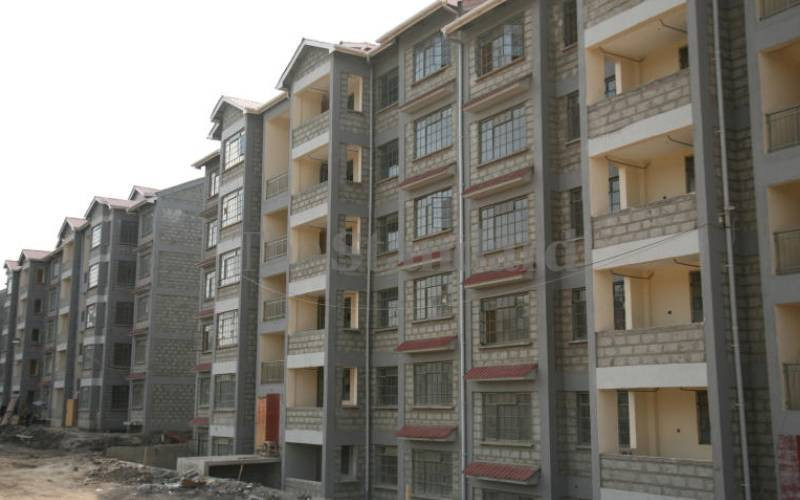×
The Standard e-Paper
Home To Bold Columnists

National Housing Corporation (NHC) will be banking on partners to raise the Sh135 billion it needs to deliver 100,000 units of affordable housing in the next five years.
The State-owned corporation has set its eyes on building at least 10 per cent of the one million housing units that President William Ruto's administration plans to deliver during his first term in office.